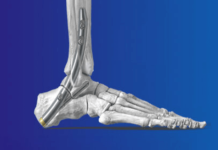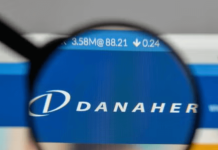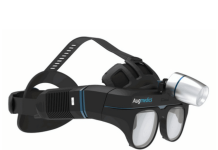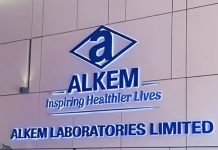South Korea-based Mediwhale has raised $12m in Series A2 financing round to advance its AI-powered retina scan technology, Reti-CVD, to US approval and expand the use of the technology to include chronic kidney disease prediction.
The company expects to secure a De Novo approval from the US Food and Drug Administration (FDA) by next year, with plans to launch Reti-CVD in the US ‘shortly’ following the clearance.
Related: Openwater raises $100 Million in total funding
Mediwhale already has approvals in the EU, the UK, and South Korea.
Investors included several South Korean and US investors – Korea Development Bank (KDB), Woori Venture Partners, IMM Investment, and Mirae Asset Securities. The current funding round builds on the $9m in Series A funds raised last year.
The Reti-CVD is a radiation-free diagnostic test designed to be used as an adjunct to formal risk assessment tools such as a heart CT scan to predict the risk of developing cardiovascular disease (CVD). The technology works by assessing a retinal photograph taken by optometrists or technicians using a fundus camera, this image is then analysed using AI-powered algorithms to stratify the risk of CVD from low to high.
Mediwhale notes that Reti-CVD can comparably stratify the cumulative CVD event risk as the coronary artery calcium (CAC) score from the traditional heart CT scan. A five-year cardiovascular event study showed that 28 CVD events occurred in the high-risk group by Reti-CVD, and 27 CVD events occurred in the high-risk group (CAC score >100) by heart CT scan.
The use of AI in the diagnostic imaging market is set to rapidly grow and is forecasted to exceed $1.2bn by 2027, up from $336m in 2022 as per GlobalData analysis. GlobalData also expects the global revenue for AI platforms across healthcare to reach an estimated $18.8bn by 2027.
NVIDIA is one of the companies that has invested heavily in the sector, providing AI solutions for various healthcare companies through either partnerships or equity investment in recent months. The tech company has partnered with Johnson & Johnson (J&J) MedTech to incorporate generative AI into surgery. GE HealthCare also launched an ultrasound imaging software, SonoSAMTrack, developed in collaboration with NVIDIA.




